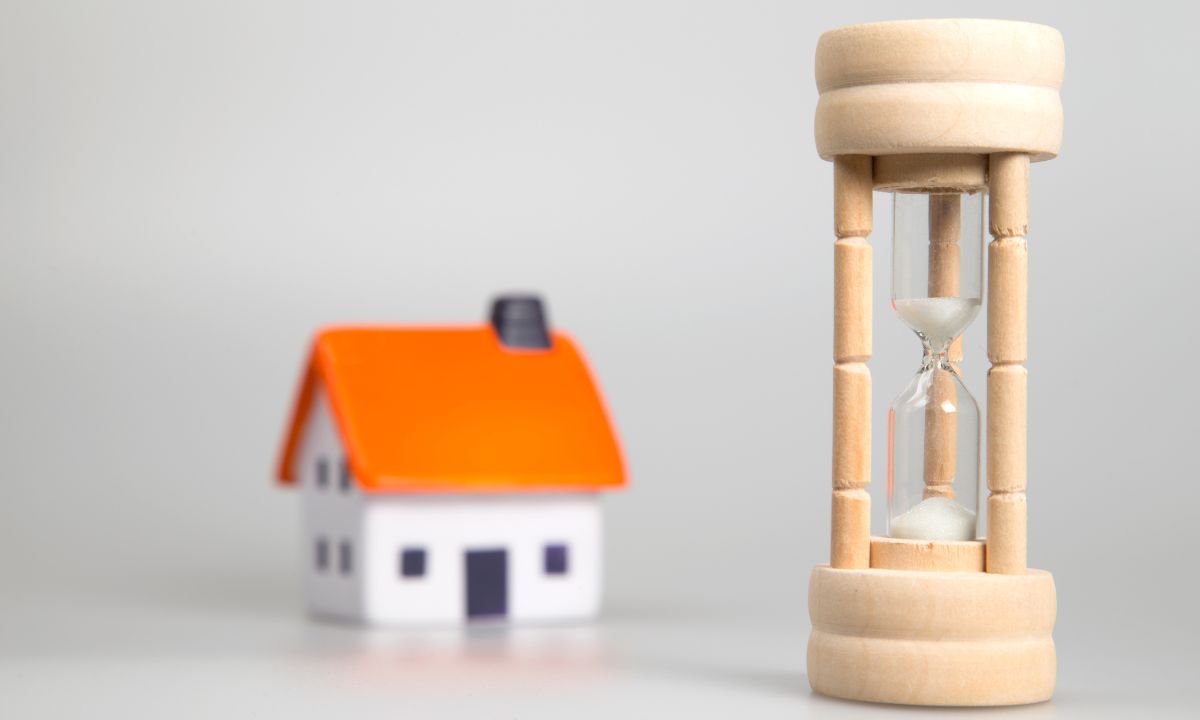 When it comes to real estate, one of the most common questions is, “When is the right time to buy?” Many potential homebuyers and investors spend a lot of energy trying to time the market, hoping to buy at the lowest possible price and sell at the highest. However, the reality is that predicting the perfect moment is nearly impossible. Instead, a more effective strategy is to focus on time in the market rather than timing the market. Here’s why.
When it comes to real estate, one of the most common questions is, “When is the right time to buy?” Many potential homebuyers and investors spend a lot of energy trying to time the market, hoping to buy at the lowest possible price and sell at the highest. However, the reality is that predicting the perfect moment is nearly impossible. Instead, a more effective strategy is to focus on time in the market rather than timing the market. Here’s why.
1. Market Timing is Unpredictable
The real estate market is influenced by countless factors, including economic conditions, interest rates, and local demand, which can change rapidly and unexpectedly. Even experts can’t consistently predict market highs and lows. By trying to time the market, you risk missing out on opportunities and could end up waiting indefinitely for the “perfect” moment that may never come.
2. Appreciation Over Time
Real estate is generally considered a long-term investment. Over time, property values tend to appreciate, even if there are short-term fluctuations. By entering the market and holding onto your property, you’re more likely to benefit from this gradual increase in value. The longer you own a property, the more likely you are to see significant returns, regardless of the timing of your initial purchase.
3. Building Equity
The sooner you buy a home, the sooner you can start building equity. Every mortgage payment you make contributes to owning a larger portion of your home, increasing your net worth. If you delay buying while trying to time the market, you miss out on the opportunity to build equity. Over time, this equity can be a powerful financial asset, whether you use it for future investments or as a nest egg in retirement.
4. Locking in a Mortgage Rate
Interest rates are a critical factor in determining the affordability of a home. While interest rates fluctuate, they’ve been historically low in recent years. By purchasing now, you can lock in a favorable rate, ensuring lower monthly payments over the life of your loan. Waiting for the market to drop could mean missing out on these low rates, especially if they start to climb.
5. Lifestyle Considerations
Your decision to buy a home should align with your personal and financial goals, not just market conditions. Are you ready to settle down in a specific area? Do you need more space for a growing family? These lifestyle factors are often more important than waiting for a market dip. By focusing on your needs and goals, you’ll be making a decision that’s right for you, regardless of market timing.
6. Opportunity Cost of Waiting
While you’re waiting for the market to hit rock bottom, life continues to move forward. During this waiting period, you could be paying rent, which does not build equity or provide long-term financial benefits. Additionally, you may miss out on the intangible benefits of homeownership, such as stability, personal freedom, and the ability to customize your living space.
Instead of trying to predict the perfect moment to buy, focus on entering the market when you’re financially and personally ready. Over time, your investment in real estate is likely to grow, providing you with long-term value and security. Remember, it’s time in the market, not timing the market, that truly counts.
